An overview of selected new books in Szilárd Library, with a word from their authors, reviewers and publishers
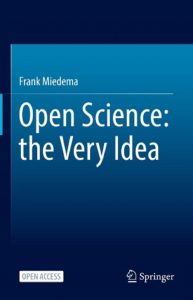
by Frank Miedema
In this book it is argued that Open Science is a truly and historically unique movement, and it translates the analysis of the problems of science into major institutional actions of system change in order to improve academic culture and the impact of science, engaging all actors in the field of science and academia.
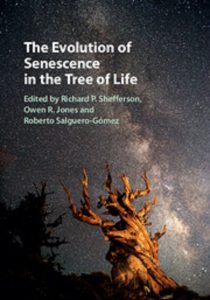
edited by Richard P. Shefferson, Owen R. Jones and Roberto Salguero-Gómez
The existing theories on the evolution of senescence assume that senescence is inevitable in all organisms. However, it is shown that this is not necessarily true. This book brings new interdisciplinary perspectives and a complete overview of recent developments and controversies surrounding the topic of ageing and life history traits and populations.
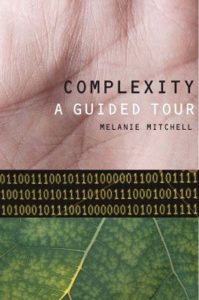
by Melanie Mitchell
Leading complex systems scientist Melanie Mitchell provides an overview of the ideas underlying complex systems science, and with interdisciplinary strategies seek to explain how large-scale complex, organized, and adaptive behavior can emerge from simple interactions among myriad individuals.
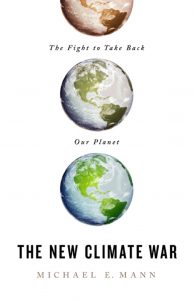
by Michael E. Mann
Mann draws the battle lines between the people and the polluters–fossil fuel companies, right-wing plutocrats, and petrostates. And he outlines a plan for forcing our governments and corporations to make real change. This book will reach, inform, and enable citizens everywhere to join this battle for our planet.
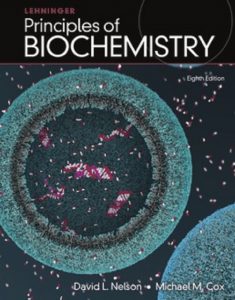
by David L. Nelson, Michael M. Cox and Aaron Hoskins
Renowned authors have focused this eighth edition around the fundamental principles to help students understand and navigate the complex discipline of biochemistry with a clear and coherent presentation. Coverage of recent discoveries and the most up-to-date research provide fascinating context for learning.
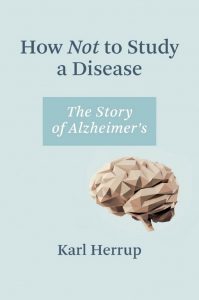
by Karl Herrup
Neurobiologist Karl Herrup explains why the Alzheimer’s discoveries of the 1990s didn’t bear fruit. He offers a roadmap that points us in a new direction, with changes from the drug development process, to the mechanisms of support for basic research, to the often-overlooked role of the scientific media.
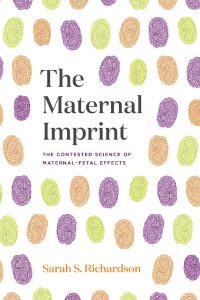
by Sarah S. Richardson
Tracing a genealogy of ideas about heredity and maternal-fetal effects, this book offers a critical analysis of conceptual and ethical issues—in particular, the staggering implications for maternal well-being and reproductive autonomy—provoked by the striking rise of epigenetics and fetal origins science in postgenomic biology today.






